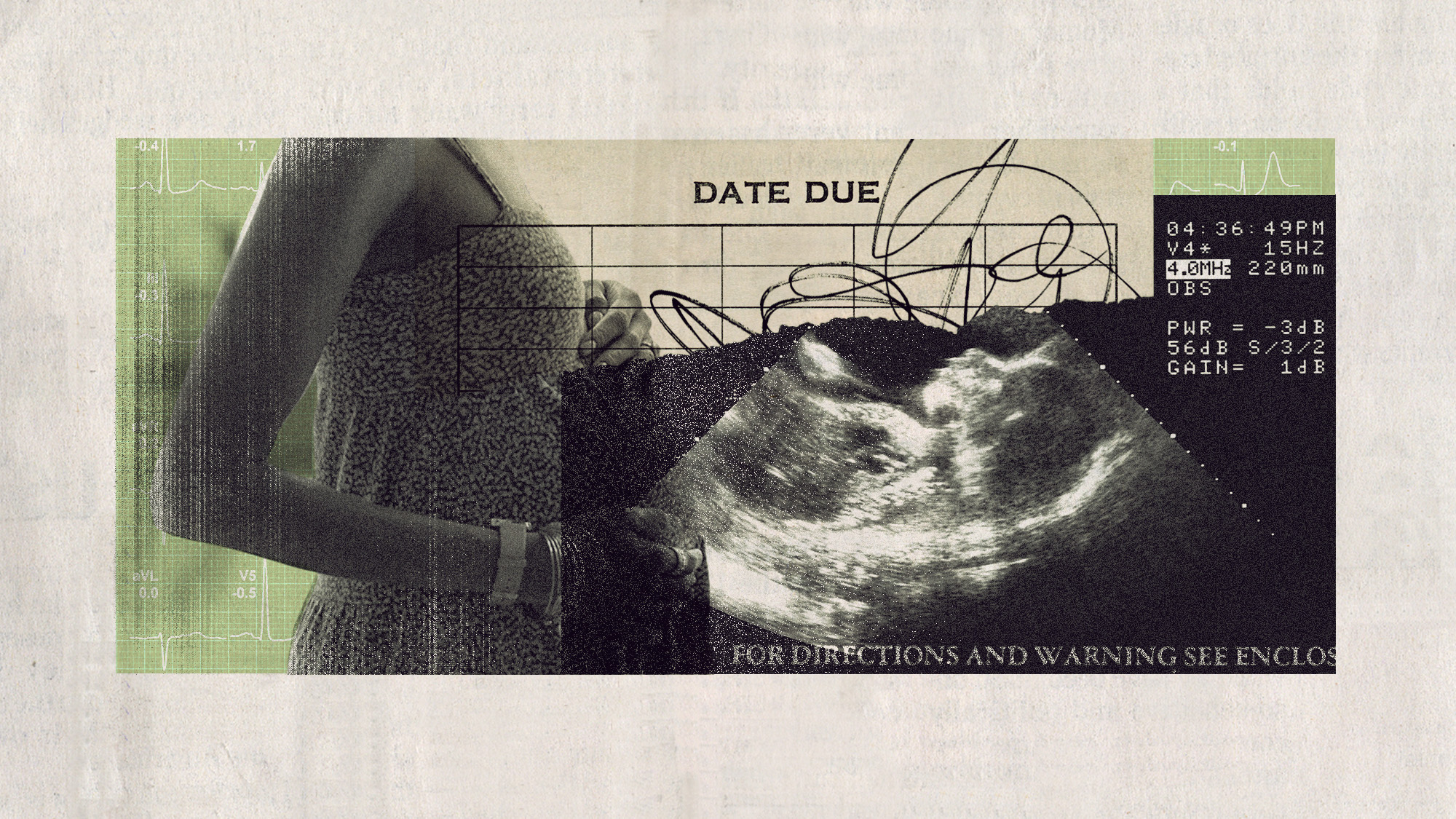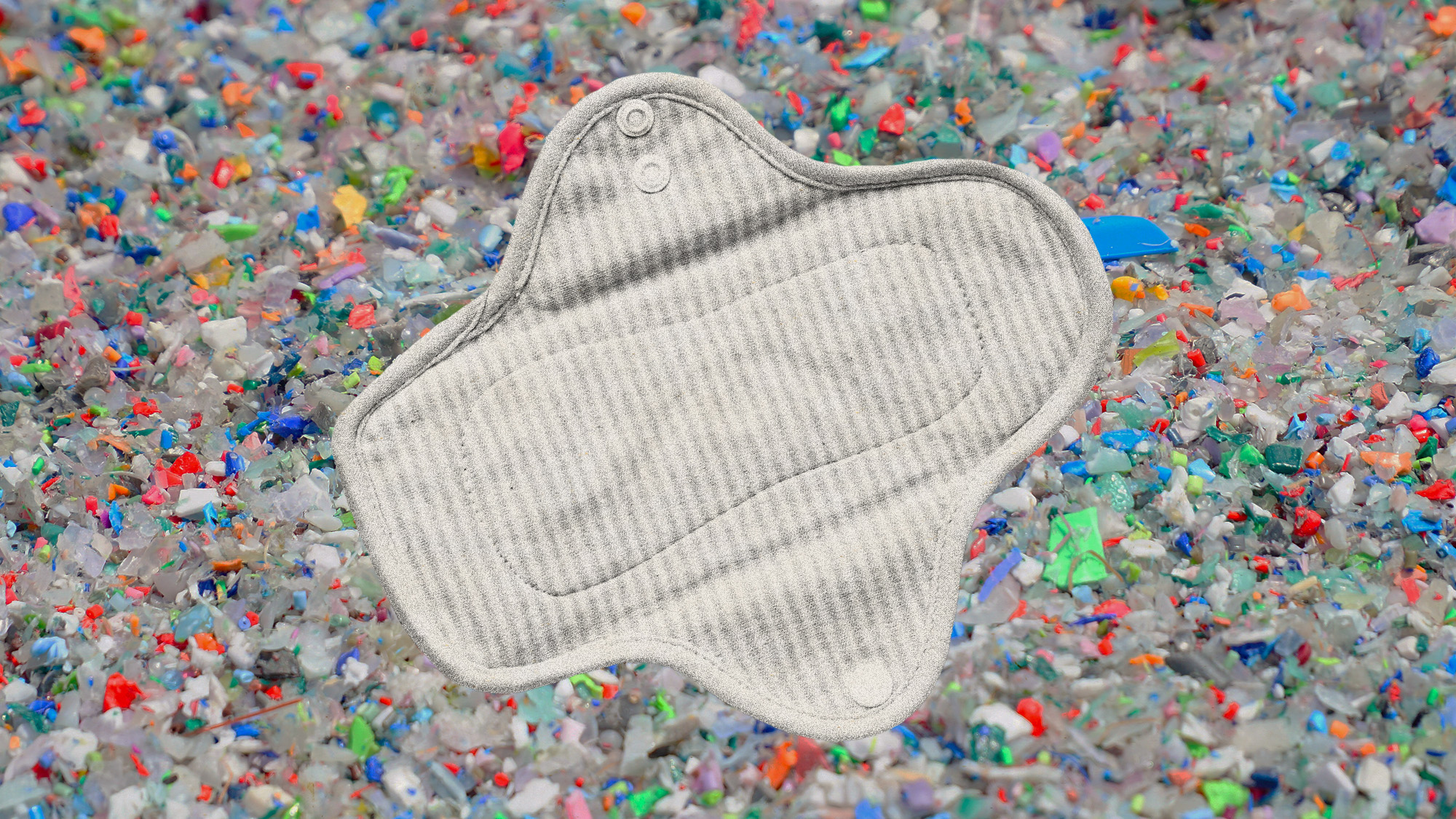The controversial Free Birth Society
Influencers are encouraging pregnant women to give birth without midwife care – at potentially tragic cost

A free daily email with the biggest news stories of the day – and the best features from TheWeek.com
You are now subscribed
Your newsletter sign-up was successful
A small but growing number of pregnant women are choosing to give birth without any assistance from a midwife or doctor, trusting instead in influencers’ tales of the “euphoria” of a “free birth”.
A year-long investigation into the Free Birth Society by The Guardian has uncovered a multimillion-pound organisation that encourages pregnant women to give birth alone or only with a doula (a non-medical birth companion) – sometimes with dangerous or deadly results.
What is the Free Birth Society?
Founded by former doula Emilee Saldaya, the FBS promotes an “extreme” version of home birth that dispenses with all medical support, said The Guardian. Calling itself a “birth liberation movement”, it presents “free births” to expectant mothers as “returning something sacred that had been stolen from them”. It talks of the “violence” of modern obstetrics, “downplays” serious pregnancy complications and even advises expectant mothers to avoid all prenatal checks and care, including ultrasound scans, which it falsely claims can harm unborn babies.
The Week
Escape your echo chamber. Get the facts behind the news, plus analysis from multiple perspectives.

Sign up for The Week's Free Newsletters
From our morning news briefing to a weekly Good News Newsletter, get the best of The Week delivered directly to your inbox.
From our morning news briefing to a weekly Good News Newsletter, get the best of The Week delivered directly to your inbox.
Most women find out about the FBS through its popular podcast, its Instagram account or its YouTube channel (which has nearly 25 million views). A bestselling video course called “The Complete Guide to Freebirth”, co-created by Saldaya and fellow ex-doula Yolande Norris-Clarke, can be downloaded from the “slick” company website. Saldaya – who, like Norris-Clarke, is not a midwife and has no medical qualifications – has become the “apex influencer of the freebirth world”, appearing in glossy marketing materials “half-naked”, wearing a crown and “posing in a meadow”.
How common are free births?
Free births are not usual but “they are increasing across the UK”, according to the Nursing and Midwifery Council. Several NHS trusts were reporting it as a “growing trend” in 2023 and 2024, said The Health Services Journal, with “several” in their area each year.
No official figures are collected on free births but the percentage of UK home births (which includes free births) has increased from to 2.1% in 2016-19 to 2.5% in 2021 (the most recent available figures) – that’s about 17,400 births. Around 6% of queries received by the AIMS birth charity in 2023 were about free births, said The Health Services Journal – before then, it only “a handful a year”.
Amid multiple recent NHS maternity care scandals, interest in free births has risen as “women lose trust in professional maternity services”, Soo Downe, a midwife and professor at the University of Lancashire, told The Guardian. Some will already have experienced trauma or inadequate maternity care during a previous birth. The suspension of home birth services during the pandemic may also have encouraged some, determined to avoid giving birth in hospital, to opt for a free birth.
A free daily email with the biggest news stories of the day – and the best features from TheWeek.com
What do the medical professionals say?
During its investigation, The Guardian identified 48 cases of late-term stillbirths, neonatal deaths or other forms of “serious harm” involving births that appeared to be linked to the FBS. In 18 of those cases, evidence has emerged to show that “FBS played a significant role in the mother or birth attendant’s decision-making, leading to potentially avoidable tragedies”.
When free births go wrong, it is “impossible to say whether the outcome would have been different with medical support” but experts who reviewed the FBS material concluded that the content was “medically illiterate, misleading or dangerous”, said the paper in a follow-up report.
One of the factors that worries obstetric experts most about free births is the rejection of antenatal care. This can mean that “risk factors, such as twins and breech presentations (the baby presenting bottom first) aren’t detected beforehand”, said Hannah Dahlen, a professor of midwifery, on The Conversation. This can lead to unforeseen complications during the birth and, even if a doula is present, they “don’t have the training, regulation or medical equipment and skills needed to manage emergencies”.
A senior obstetrician told the BBC’s health correspondent she was “terrified” by the idea of women giving birth “in medically unsupervised environments” without a midwife. “I think it’s reversing back to the Middle Ages.”
But Saldaya is defiant in her defence of free birth. Following publication of The Guardian’s investigation, she posted a message to her 133,000 Instagram followers: “They will try to discredit you. They will lie about you. They will attempt to silence what they don’t understand.”
Irenie Forshaw is the features editor at The Week, covering arts, culture and travel. She began her career in journalism at Leeds University, where she wrote for the student newspaper, The Gryphon, before working at The Guardian and The New Statesman Group. Irenie then became a senior writer at Elite Traveler, where she oversaw The Experts column.
-
 Trump’s EPA kills legal basis for federal climate policy
Trump’s EPA kills legal basis for federal climate policySpeed Read The government’s authority to regulate several planet-warming pollutants has been repealed
-
 Political cartoons for February 13
Political cartoons for February 13Cartoons Friday's political cartoons include rank hypocrisy, name-dropping Trump, and EPA repeals
-
 Palantir's growing influence in the British state
Palantir's growing influence in the British stateThe Explainer Despite winning a £240m MoD contract, the tech company’s links to Peter Mandelson and the UK’s over-reliance on US tech have caused widespread concern
-
 ‘Zero trimester’ influencers believe a healthy pregnancy is a choice
‘Zero trimester’ influencers believe a healthy pregnancy is a choiceThe Explainer Is prepping during the preconception period the answer for hopeful couples?
-
 Stopping GLP-1s raises complicated questions for pregnancy
Stopping GLP-1s raises complicated questions for pregnancyThe Explainer Stopping the medication could be risky during pregnancy, but there is more to the story to be uncovered
-
 Choline: the ‘under-appreciated’ nutrient
Choline: the ‘under-appreciated’ nutrientThe Explainer Studies link choline levels to accelerated ageing, anxiety, memory function and more
-
 The rise in unregulated pregnancy scans
The rise in unregulated pregnancy scansUnder The Radar Industry body says some private scan clinics offer dangerously misleading advice
-
 More women are using more testosterone despite limited research
More women are using more testosterone despite limited researchThe explainer There is no FDA-approved testosterone product for women
-
 The ‘menopause gold rush’
The ‘menopause gold rush’Under the Radar Women vulnerable to misinformation and marketing of ‘unregulated’ products
-
 FDA OKs generic abortion pill, riling the right
FDA OKs generic abortion pill, riling the rightSpeed Read The drug in question is a generic version of mifepristone, used to carry out two-thirds of US abortions
-
 Forever chemicals were found in reusable menstrual products. That is nothing new for women.
Forever chemicals were found in reusable menstrual products. That is nothing new for women.Under the Radar Toxic chemicals are all too common in such products